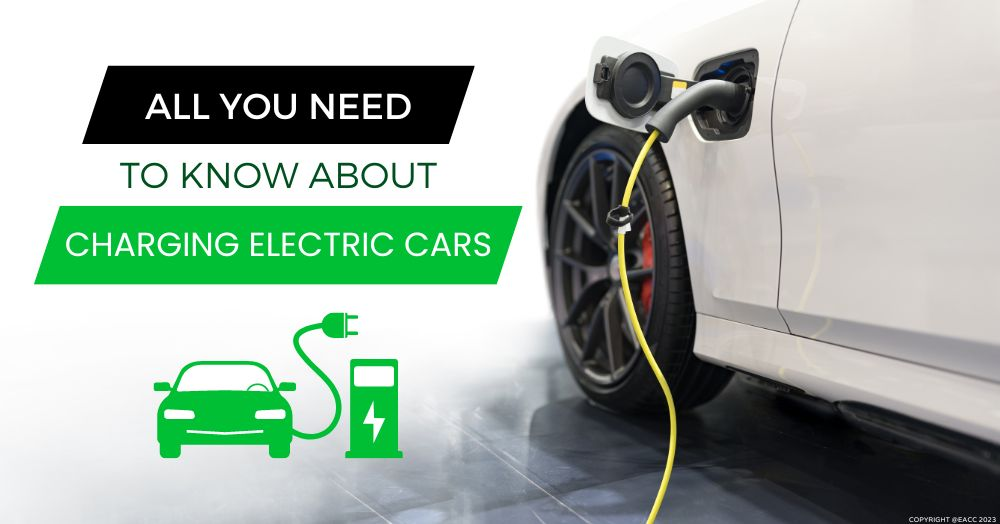
All You Need to Know about Charging Electric Cars
Are you ready for an electric car?
In this week’s community interest article, we explore the rising popularity of electric cars and how to charge them.
Electric vehicles (EVs) are everywhere. They’ve been steadily growing in popularity and are now a serious consideration for anyone thinking about buying a new car. So, are you ready to go green and drive electric?
It’s estimated that by 2025, the sale of electric cars will overtake that of traditional petrol/diesel vehicles. And in just seven years’ time, the government plans to ban the sale of new petrol and diesel cars completely (although used cars will still be sold).
Many potential EV owners are holding back because of the lack of charging points, but is this a valid concern? If you’re thinking about making a change or just want to find out more about charging an EV, this article is just for you.
Types of chargers
Ok, it’s a fact – charging an EV is not as easy as pulling into a petrol station and filling up. There are three different types of chargers: rapid, fast and slow, which will make a huge difference to the time it takes to charge your vehicle. There are also ultra-rapid chargers, but these aren’t widely available yet. It is estimated that a rapid charger can charge a battery to about 80% in under an hour, whereas a slow charger can take up to 12 hours.
As you’d expect, rapid and ultra-rapid chargers can be found at petrol stations and motorway service stations, whilst slow chargers are found in lamp posts on residential streets.
Where to charge
Currently, the most popular places to charge are at home, at your workplace or at public charging points.
Government grants
Homeowners and landlords have access to a variety of government grants which will either pay a lump sum towards the cost of installation or 75% off the total price of purchase and installation (whichever is lower). Employers are also able to apply for workplace charging schemes to install charging points for staff.
National funding
Not everyone is fortunate enough to have a driveway or enough space to install a personal charging point, which is why local councils are being given millions of pounds to start installing more charging points throughout the country. Local authorities must also have charging strategies in place that set out how they plan to improve EV charging over the coming years.
Free charging points
If you’ve been driving an EV for some time now, you’ll probably know all about those magical free charging points that exist in your local area. But if you’re new to the EV phenomenon (or have just been ignoring it), this is something worth thinking about. There are only around 4,000 free points around the country, and they can be found at supermarkets, tourist attractions and some car parks. However, if you live in Scotland, count yourself lucky, as you have the most free charging points in all of the UK.
What are your thoughts on EVs? Are you already driving one? Or perhaps you don’t think the infrastructure is ready yet? We’d love to hear your thoughts below.